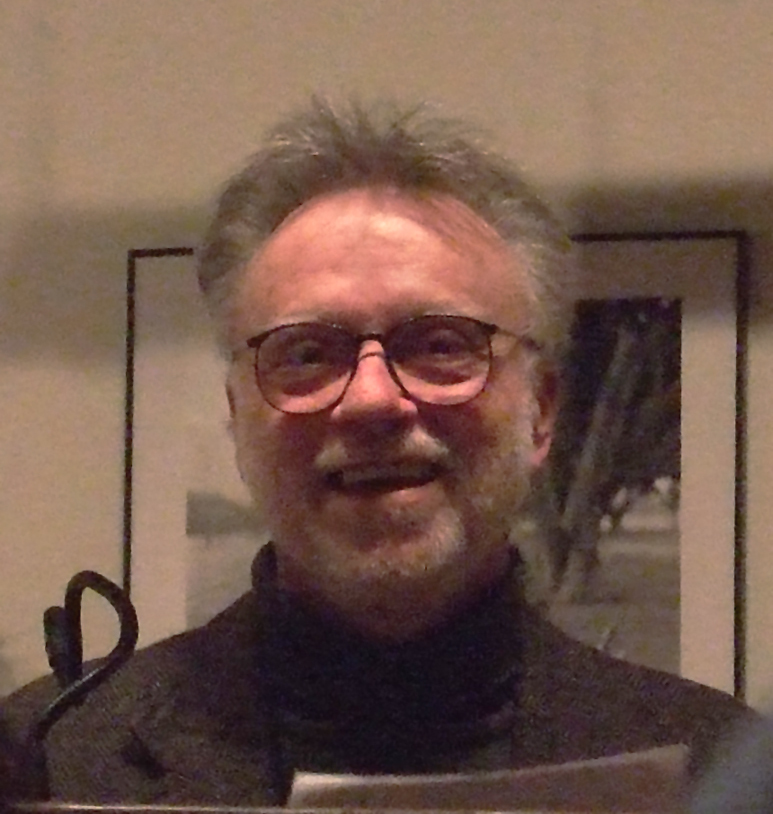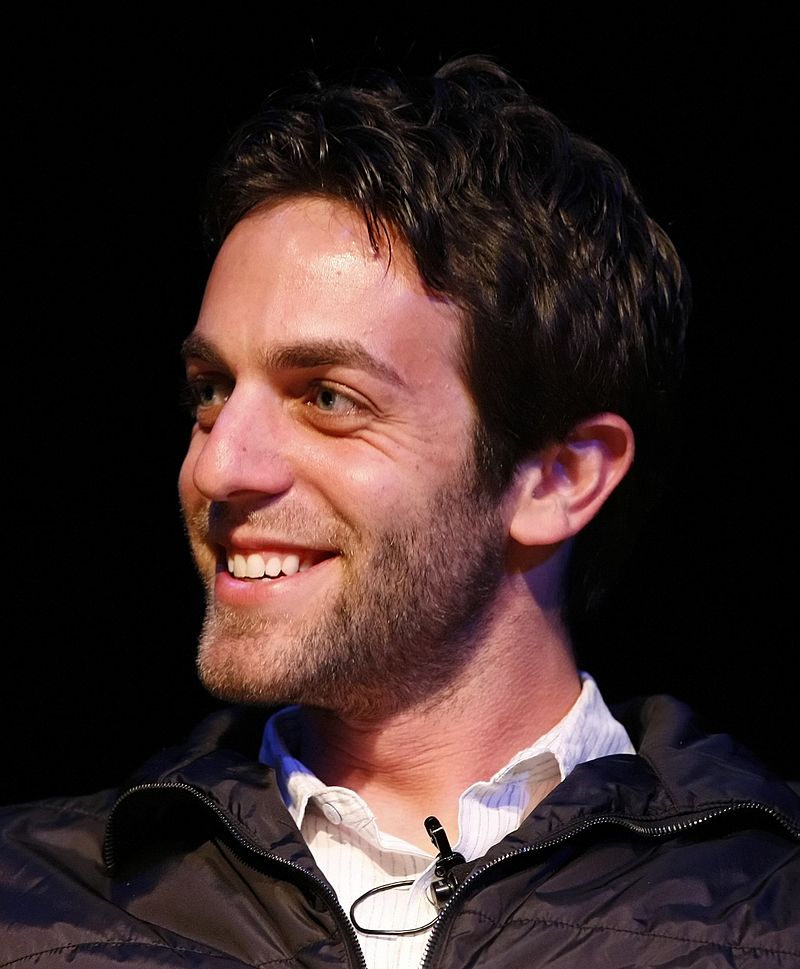 author
authorJesmyn Ward
Jesmyn Ward is an American novelist and a Professor of English at Tulane University, where she holds the Andrew W. Mellon Professorship in the Humanities. She won the 2011 National Book Award for Fiction for her second novel, Salvage the Bones, and the 2017 National Book Award for her novel Sing, Unburied, Sing. She also received a 2012 Alex Award for the story about familial love and community in facing Hurricane Katrina. She is the only woman and only African American to win the National Book Award for Fiction twice.
All three of Ward's novels are set in the fictitious Mississippi town of Bois Sauvage. Jesmyn Ward was born in 1977 in Berkeley, California. She moved to DeLisle, Mississippi, with her family at the age of three. She developed a love-hate relationship with her hometown after being bullied by classmates at public school and while attending a private school paid for by her mother's employer. The first in her family to attend college, she earned a B.A. in English in 1999 and an M.A. in media studies and communication in 2000, both at Stanford University.
Ward chose to become a writer to honor the memory of her younger brother, who was killed by a drunk driver in October 2000, just after Ward had completed her master's degree. In 2005, Ward received her MFA in Creative Writing from the University of Michigan. Shortly afterward, she and her family became victims of Hurricane Katrina. With their house in DeLisle flooding rapidly, the Ward family set out in their car to get to a local church but ended up stranded in a field full of tractors.
When the owners of the land eventually checked on their possessions, they refused to invite the Wards into their homes, claiming they were overcrowded. Tired and traumatized, the family was eventually given shelter by another family down the road. Ward went on to work at the University of New Orleans, where her daily commute took her through the neighborhoods ravaged by the hurricane.
Empathizing with the struggle of the survivors and coming to terms with her own experience during the storm, Ward was unable to write creatively for three years – the time it took her to find a publisher for her first novel, Where the Line Bleeds. In 2008, just as Ward had decided to give up writing and enroll in a nursing program, Where Doug Seibold accepted the Line Bleeds at Agate Publishing.
The novel was picked as a Book Club Selection by Essence magazine and received a Black Caucus of the American Library Association (BCALA) Honor Award in 2009. It was shortlisted for the Virginia Commonwealth University Cabell First Novelist Award and the Hurston-Wright Legacy Award. Starting on the day twin protagonists, Joshua and Christophe DeLisle, graduate from high school, Where the Line Bleeds follows the brothers as their choices pull them in opposite directions.
Unwilling to leave the small rural town on the Gulf Coast where their loving grandmother raised them, the twins struggle to find work. Joshua eventually becomes a dock hand, and Christophe joins his drug-dealing cousin. In a starred review, Publishers Weekly called Ward "a fresh new voice in American literature" who "unflinchingly describes a world full of despair but not devoid of hope."
In her second novel, Salvage the Bones, Ward homes once more on the visceral bond between poor black siblings growing up on the Gulf Coast. Chronicling the lives of pregnant teenager Esch Batiste, her three brothers, and their father during the 10 days leading up to Hurricane Katrina, the day of the storm, and the day after, Ward uses a vibrant language steeped in metaphors to illuminate the fundamental aspects of love, friendship, passion, and tenderness.
Explaining her main character's fascination with the Greek mythological figure of Medea, Ward told Elizabeth Hoover of The Paris Review: "It infuriates me that the work of white American writers can be universal and lay claim to classic texts, while black and female authors are ghettoized as 'other.' I wanted to align Esch with that classic text, with the universal figure of Medea, the antihero, to claim that tradition as part of my Western literary heritage.
The stories I write are particular to my community and my people, which means the details are particular to our circumstances. Still, the larger story of the survivor, the savage, is essentially a universal, 123456789 human one." On November 16, 2011, Ward won the National Book Award for Fiction for Salvage the Bones. Interviewed by CNN's Ed Lavandera on November 16, 2011, she said that her nomination and victory had come as a surprise, given that mainstream reviewers had largely ignored the novel.
"When I hear people talking about the fact that they think we live in a post-racial America, … it blows my mind because I don't know that place. I've never lived there. … If one day, … they're able to pick up my work and read it and see … the characters in my books as human beings and feel for them, then I think that that is a political act", Ward stated in a television interview with Anna Bressanin of BBC News on December 22, 2011.
Best author’s book




















